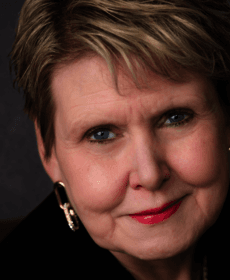S1 - Women's health 2030
Closing the gender gap
Session description
Despite progress in gender equality and advances in clinical research and treatment, global and European statistics continue to tell a different story for women’s health. Women remain underrepresented, undertreated and thus underdiagnosed especially in the area of NCDs. This failure to deliver on the social contract for half the world’s population has also placed a tremendous financial burden on healthcare systems. More recently, the politicisation and rollback of women’s health rights has undermined efforts to close the gender gap Now more than ever it is time to work together to improve outcomes, and enhance the quality of life, for women in Europe and beyond. In Europe the political momentum is strong with a new mandate prioritising women’s health, the publication of a women’s rights roadmap and the launch of a women’s interest group. Europe has demonstrated that it will step up to the plate, but will it continue to? This session will reflect on almost 10 years since WHO adopted a regional strategy on women’s health and well-being calling on countries to ensure that policies and health systems are gender-responsive and based on a life-course approach. It will bring together multi-sectoral perspectives, to understand what incentives and enabling mechanisms are working to improve governance for women’s health and well-being.
Speakers in this session







